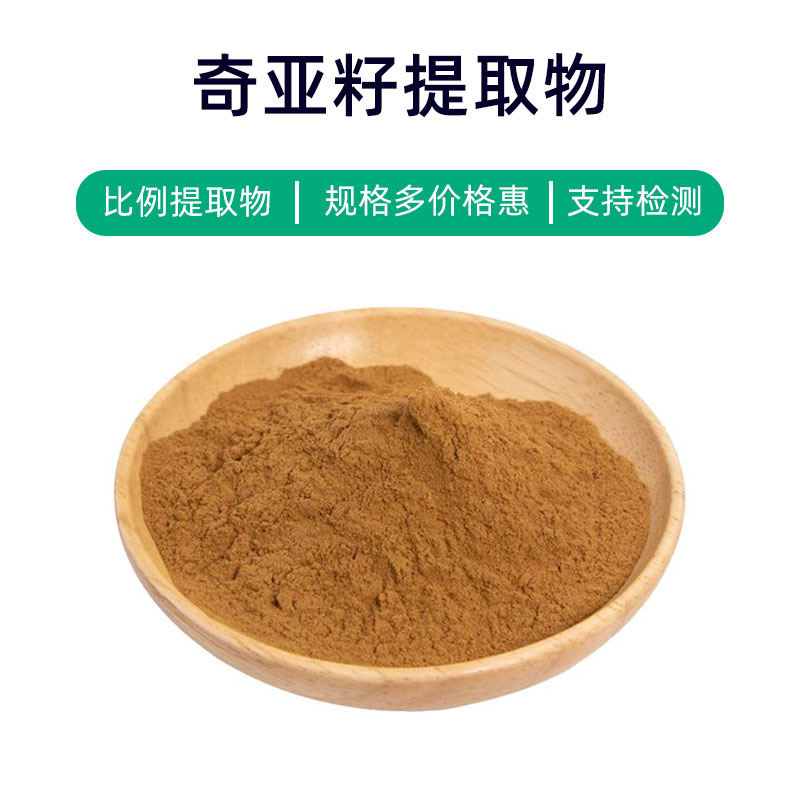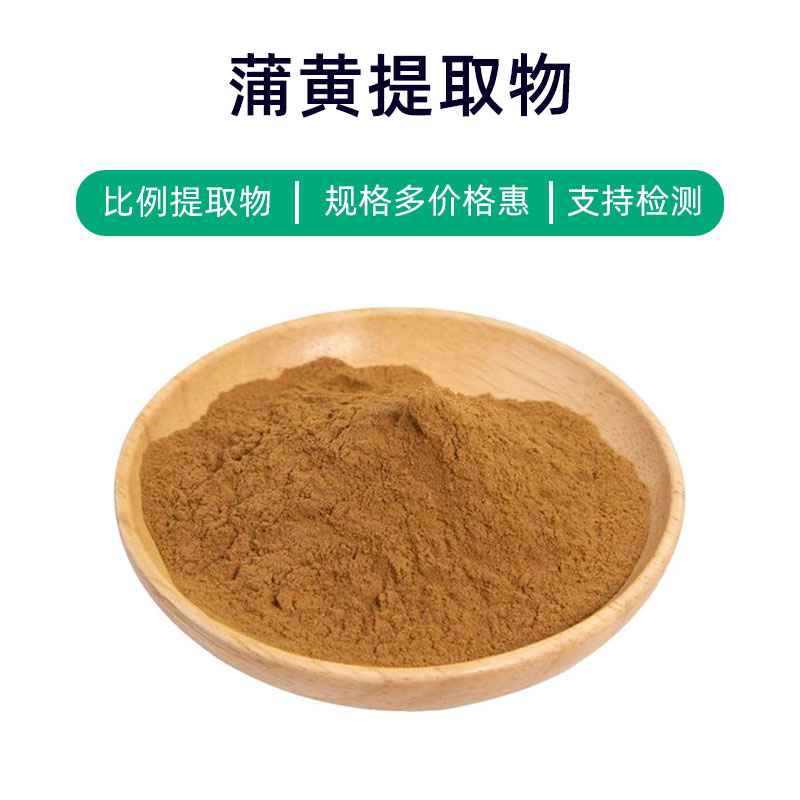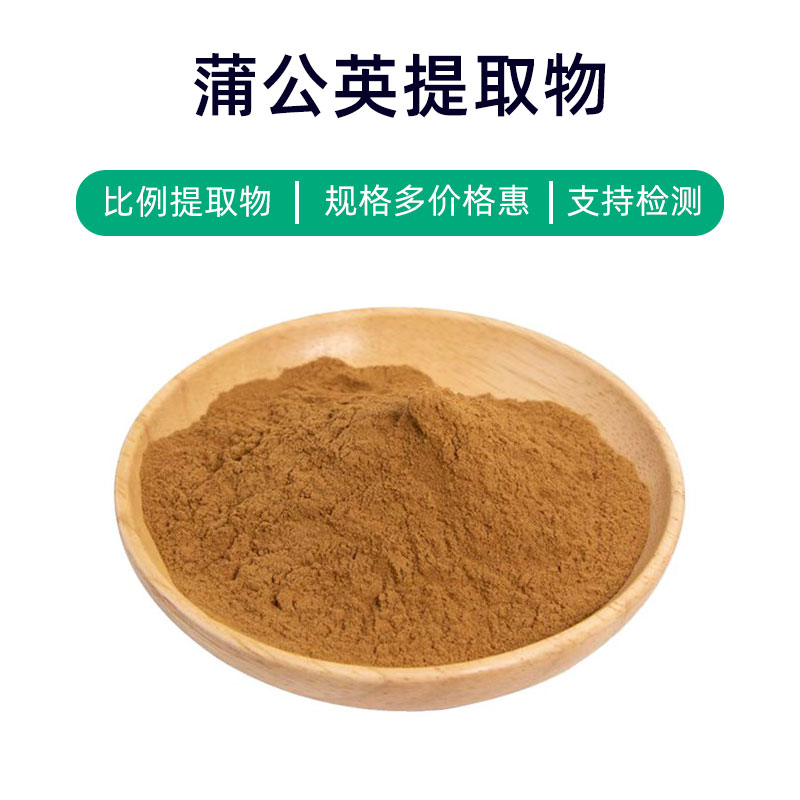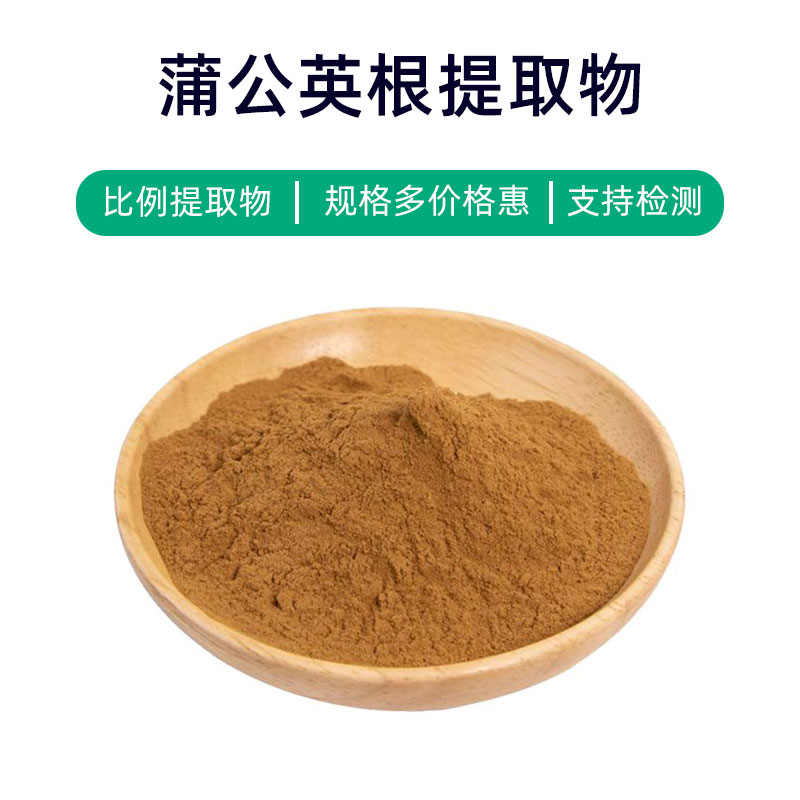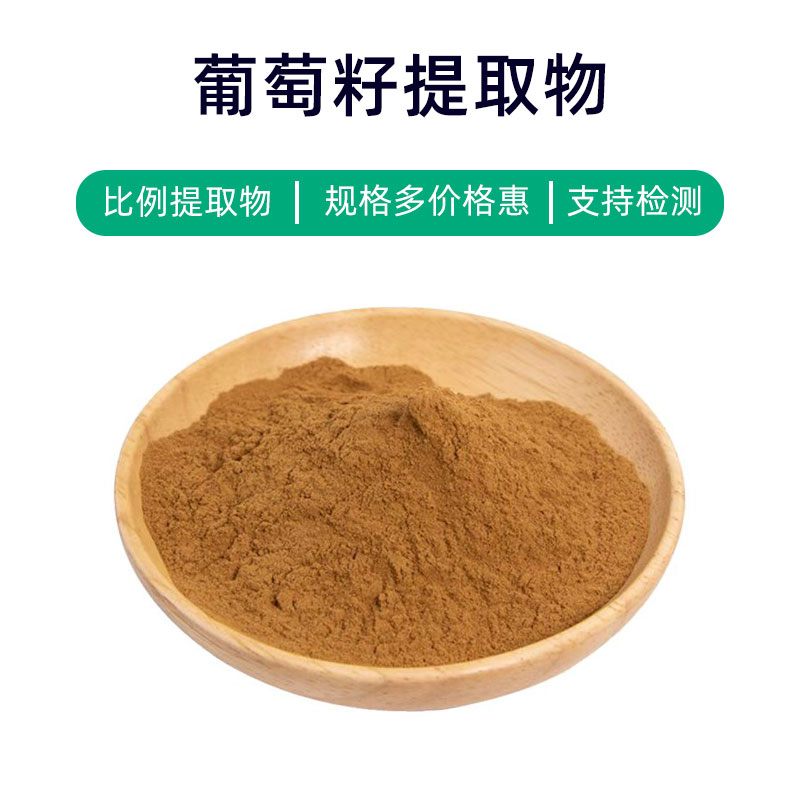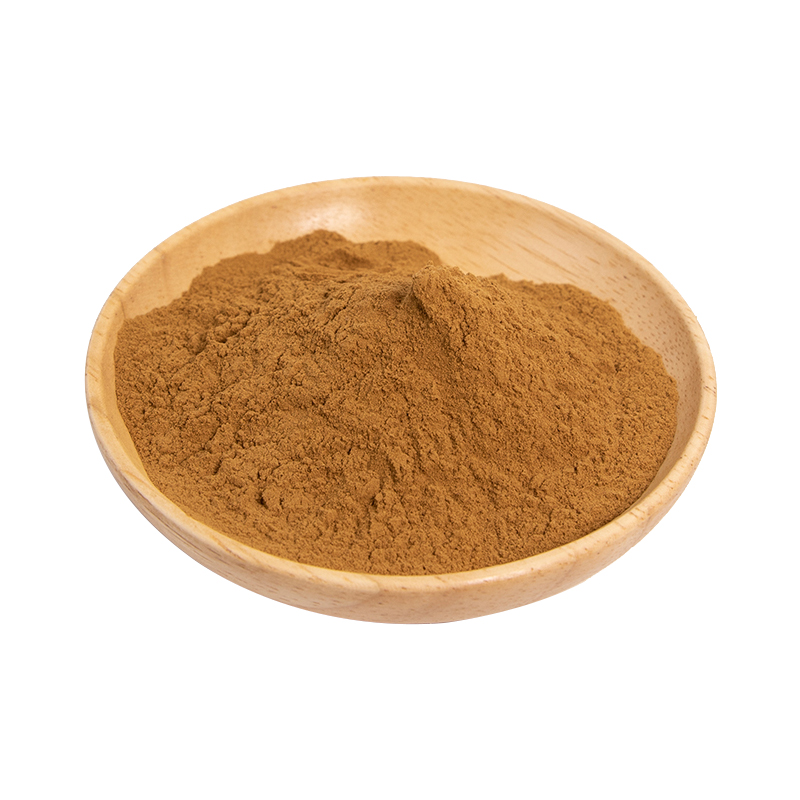Introduction to Fanzhi Litchi Leaf Extract
Fanzhi litchi leaf extract is a natural plant extract derived from the leaves of the Fanzhi Litchi (Litchi chinensis). Its main components include bioactive compounds such as polyphenols, flavonoids, and flavonols, which possess various effects including antioxidant, anti-inflammatory, and antibacterial properties. Fanzhi litchi leaf extract is widely used in the fields of medicine, food, supplements, and cosmetics.
Firstly, this extract is rich in polyphenolic compounds, which have strong antioxidant effects that help neutralize free radicals, slow down the aging process, and protect cells from oxidative damage.
Secondly, the flavonoids and flavonols found in the extract are considered to have anti-inflammatory and antibacterial properties, aiding in the relief of inflammatory responses, preventing infections, and promoting wound healing.
Additionally, Fanzhi litchi leaf extract is also extensively used in the cosmetics industry as an ingredient in skincare and beauty products. Its antioxidant and anti-inflammatory properties contribute to improved skin conditions, reducing inflammation, and maintaining skin health and youthfulness.
Overall, as a natural plant extract, Fanzhi litchi leaf extract has a wide range of applications in medicine, food, supplements, and cosmetics, with its rich bioactive components providing various benefits that support health and beauty.
Production Process of Fanzhi Litchi Leaf Extract
The production process of Fanzhi litchi leaf extract mainly includes the following steps:
- Raw Material Collection and Preparation: Fresh, unpolluted Fanzhi litchi leaves should be selected as raw materials. Harvesting should occur in dry weather to avoid moisture from rain or dew. After picking, the leaves are washed and preliminarily processed to remove impurities.
- Extraction Process: The washed leaves are crushed or shredded and then placed in extraction equipment. Common extraction methods include water extraction, ethanol extraction, and supercritical fluid extraction. Parameters such as temperature, pressure, and time must be controlled during the extraction process to ensure efficiency and quality.
- Filtering and Concentrating: The extracted mixture is filtered to remove solid impurities, yielding the litchi leaf extract. Subsequently, a concentration process is used to evaporate the solvent from the extract, producing a concentrated product.
- Refinement and Purification: The concentrate undergoes further refinement and purification, employing methods like solvent extraction, gel chromatography, and dialysis to remove impurities and enhance the purity of target components.
- Drying and Milling: The refined litchi leaf extract is dried to eliminate residual moisture, with common drying methods including spray drying and vacuum drying. The dried extract is then milled to achieve the desired powdered form.
- Packaging and Storage: Finally, the powdered litchi leaf extract is packaged, typically in aluminum foil bags or plastic bottles. During storage, it should be kept in a cool, dry, and ventilated environment, avoiding direct sunlight and high temperatures to ensure quality and stability.
This outlines the general production process for Fanzhi litchi leaf extract, emphasizing strict control of parameters to ensure product quality and safety.
Benefits, Effects, and Side Effects of Fanzhi Litchi Leaf Extract
As a natural plant extract, Fanzhi litchi leaf extract offers several benefits and effects, primarily including:
- Antioxidant Effects: The extract is rich in various antioxidants, such as polyphenolic compounds and vitamin C, which neutralize free radicals, slow down oxidation, and protect cells from oxidative damage, thus providing anti-aging and antioxidant benefits.
- Anti-inflammatory Effects: Active components in the extract inhibit the release of inflammatory mediators and inflammatory responses, making it useful for alleviating inflammatory conditions such as rheumatoid arthritis and inflammatory bowel disease.
- Antibacterial Effects: Fanzhi litchi leaf extract contains abundant natural plant compounds with antibacterial, antifungal, and antiviral properties, effective in preventing and treating skin infections and respiratory tract infections.
- Blood Sugar Regulation: Research indicates that certain components in the extract can regulate insulin secretion and activity, lowering blood sugar levels and offering auxiliary treatment benefits for diabetes patients.
- Digestive Promotion: Some bioactive components promote digestive fluid secretion and enhance gastrointestinal motility, helping improve digestive function and relieve discomfort.
- Anti-allergic Effects: Certain components possess anti-allergic properties that can alleviate allergic reactions and symptoms associated with conditions like allergic rhinitis and allergic dermatitis.
- Cardiovascular Protection: Fanzhi litchi leaf extract is rich in vitamins and minerals that regulate blood pressure, lower blood lipids, and improve blood circulation, contributing to cardiovascular health and the prevention of related diseases.
- Beauty and Skincare Benefits: The antioxidants and nutrients in the extract enhance skin metabolism, improving elasticity and glow, thus serving beauty and skincare purposes.
Fanzhi litchi leaf extract is generally considered safe, but excessive use may cause adverse reactions like digestive discomfort or allergies. It is advisable to use it according to individual circumstances and medical advice to avoid side effects.
Applications and Dosage of Fanzhi Litchi Leaf Extract
As a natural plant extract, Fanzhi litchi leaf extract finds extensive applications in medicine, food, and cosmetics. Here are its application scenarios and recommended dosages across different fields:
- Medical Applications:
- Anti-inflammatory and Antibacterial: The extract can be used to develop drugs for treating skin infections and respiratory infections. Common forms include ointments and oral solutions.
- Antioxidant and Anti-aging: It can be utilized in the formulation of supplements or medications that prevent and treat age-related diseases, typically available as tablets or capsules.
- Food Applications:
- Functional Food Additive: The extract can serve as a functional food additive, enhancing the nutritional value and health benefits of food. Common products include health teas and beverages.
- Flavoring Agent: With its pleasant aroma and taste, the extract can be used as a flavoring agent to enhance the fragrance and flavor of foods. It is commonly found in condiments and food flavorings.
- Cosmetic Applications:
- Skincare Products: Rich in active components, the extract can be formulated into skincare products with moisturizing, antioxidant, and whitening effects. Common cosmetic products include masks, lotions, and creams.
- Personal Care Products: Its cleansing, moisturizing, and anti-dandruff properties make it suitable for shampoos and body washes, promoting scalp and skin health.
Dosage Guidelines:
- Medical Field: Use as per physician recommendations, with dosage determined by the specific condition and patient health.
- Food Industry: Add during food processing according to the type of food and manufacturing process.
- Cosmetic Field: Incorporate as per formulation requirements, with dosage tailored to the product type and intended user.
It is important to follow dosage recommendations on the product label and avoid excessive use to prevent adverse reactions. Additionally, special populations (such as pregnant women and children) should use the extract under the guidance of a physician or nutritionist.
Information on the Source Plant of Fanzhi Litchi Leaf, Its Distribution, and Growing Environment
Fanzhi litchi leaf (scientific name: Glycosmis pentaphylla) is a common evergreen shrub or small tree belonging to the Rutaceae family. Here are detailed insights on the source plant, its distribution, and growing environment:
- Source Plant Description:
- Fanzhi litchi leaf is a perennial woody plant, typically growing to a height of 1-3 meters, characterized by multiple branches and dense foliage.
- The leaves are oval or elliptical, leathery, measuring about 5-10 cm long, shiny, with serrated edges and prominent veins.
- Distribution:
- Fanzhi litchi leaf is mainly found in Southeast Asia, including countries like India, Myanmar, Thailand, Malaysia, and Indonesia.
- In China, it is widely distributed in southern provinces such as Guangdong, Guangxi, Fujian, and Yunnan, often found in hillsides, forest edges, stream banks, and thickets.
- Growing Environment:
- Fanzhi litchi leaf prefers warm and humid environments, usually thriving in low-altitude areas such as hills and slopes.
- It has flexible soil requirements and can grow in sandy, loamy, and limestone soils, though it favors well-drained soil.
- The plant adapts well to sunny environments but can also thrive in partial shade.
Overall, Fanzhi litchi leaf is a common species in tropical and subtropical regions, with a broad distribution and strong adaptability, often found as a wild plant, while also cultivated in some areas for medicinal or ornamental purposes.
Processing, Storage, and Preservation of Fanzhi Litchi Leaf Extract
The processing and preservation of Fanzhi litchi leaf extract are crucial for ensuring its quality and stability:
- Processing Steps:
- First, the leaves should undergo washing and impurity removal to ensure the purity and quality of the extract.
- Suitable extraction methods, such as aqueous extraction, ethanol extraction, or supercritical fluid extraction, are then employed to obtain active components.
- The extracted litchi leaf extract is subsequently filtered, concentrated, and dried to yield a refined product.
- Storage and Preservation:
- The extract should be stored in a cool, dry, well-ventilated place, avoiding direct sunlight and humidity.
- It's advisable to use airtight containers for storage to prevent contamination from air, moisture, or odors.
- During storage, regular checks on the extract's appearance and properties are essential to ensure no abnormal changes or spoilage occurs.
Proper processing and storage methods effectively protect the active components and stability of Fanzhi litchi leaf extract, prolonging its shelf life and ensuring its efficacy in medical, food, or cosmetic applications.
Monica Sun is a seasoned expert in the plant extraction industry with over a decade of experience in research and production. She specializes in the extraction and purification of plant active ingredients, focusing on driving innovation in natural product applications. Monica has participated in the development of multiple functional plant extracts, delivering high-value natural raw material solutions for the health food, pharmaceutical, and dietary supplement sectors.









